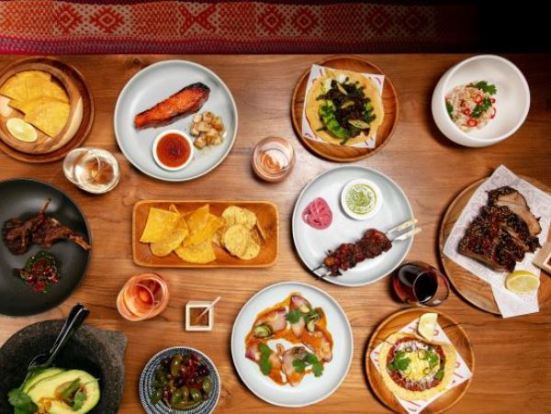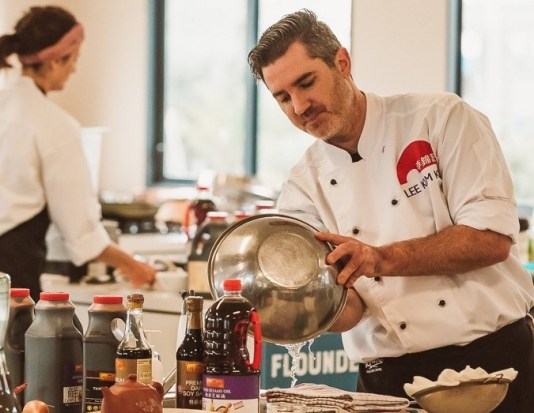According to a survey run by a New Zealand online culinary school, International Culinary Studio, hospitality is appealing to Kiwis that love food (65%), want a chance to be creative (48%) and are keen to travel the world (41%). Other motivations include the fast-paced nature of the industry (37%), working with people (37%) and good career progression opportunities (27%).
Most want to become a chef (48%), restaurant or café manager (13.79%), front of house manager (10%) or service staff (7%). Other positions included baker, bartender, sommelier, catering manager and food technologist.
The survey, which ran throughout February, also revealed that almost half of those interested in hospitality are planning on some kind of formal training this year (50%). The remainder are still considering their options (48%). Only 3.45 percent said that they wouldn’t be doing any training at all.
Cheryl Nesbitt, founder of International Culinary Studio has run successful hospitality businesses in both South Africa and New Zealand. She is pleased to see enthusiasm for the industry amongst current and prospective students, particularly at a time when skill shortages are such a concern.
“It is heartening to see that so many have committed to training this year. The industry is under increasing strain, with shortages across all areas. Having qualified individuals coming through that can hit the ground running will be of real benefit to businesses looking for passionate, competent team members.”
She adds that while the results are positive, it is vital that training providers continue to look for ways to improve perceptions of the industry, and to encourage those with career aspirations.
“Half of the participants are undecided about their training options and likely their career pathway as well. As educators, we need to continue nurturing those people that have a natural interest, and ensure that they view hospitality as a viable and worthy career choice. That positive experience needs to start with the training providers and flow through to the businesses offering entry level positions.”
When it comes to advice for those starting out, Cheryl recommends exploring multiple career options, not just the most obvious roles.
“Lots of people want to be chefs, as you can see from the survey results. As a career, it is one of the first roles that comes to mind for those that love food and cooking. There is also a certain amount of prestige and respect that comes with the position, especially as head chef at a restaurant or hotel.
“However, it’s important to remember that it’s not the only choice. It’s well worth doing your research, and perhaps applying for work experience in a few different types of jobs. Keep an open mind. You might find something that you hadn’t even been aware of or considered, that suits you even better than your original choice.”
The approach to training is mixed, with Kiwi students taking a number of different routes. This includes online study (34%), on the job training/apprenticeships (31%) and attending a physical college (11%). NZQA courses came out as the most popular (30%), with City & Guilds a close second (20%).
The majority of students are planning on funding their training themselves (34.48%), with an additional 21 percent wanting to learn on the job (rather than through a school), 20 percent applying for a student loan through StudyLink and 17 percent eligible for the Government’s Fees Free scheme.
A proudly New Zealand based culinary school, International Culinary Studio was the first blended learning culinary school to offer professional qualifications online to New Zealand students. From their kitchens at home, school or at work.
International Culinary Studio was recently approved for TEC funding, meaning students can now apply for the Government’s Fees Free scheme or apply for a student loan via StudyLink, and allows students to complete their studies using a system which can be translated into over 104 languages, including Te Reo Māori.








